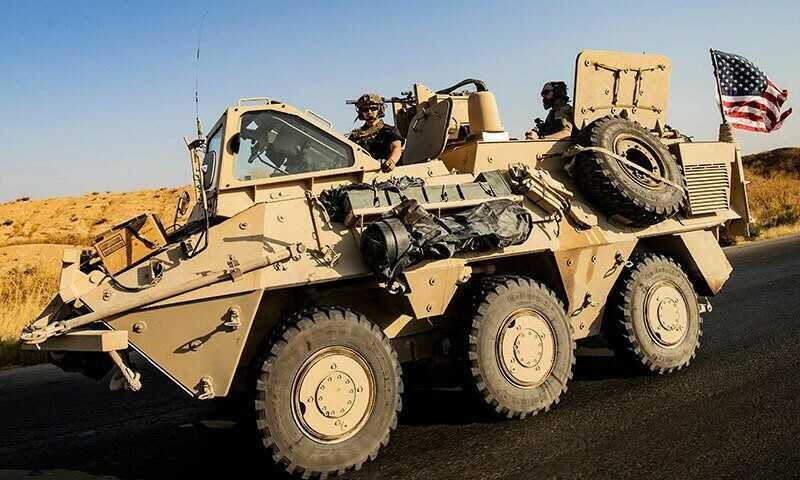In a region long marred by conflict and instability, American and allied forces in Syria faced a potentially perilous situation on Monday. An attack targeted their presence, but thankfully, it resulted in no casualties or damage. This incident underscores the continued challenges and complexities of the security landscape in the Middle East.
A Cautious Confirmation
The US official, providing initial details about the incident, indicated that “an attack against US and coalition forces occurred early this morning in Syria. There were no injuries or damage.” While the information was cautious and brief, it provided reassurance that the forces remained unharmed. The incident raises questions about the nature of the attack, its origins, and the resilience of the troops in the face of adversity.
Claim of Responsibility
Shortly after the incident, a group calling itself the “Islamic Resistance in Iraq” claimed responsibility for launching drones against American forces. The locations mentioned were Al-Tanf and Al-Malikiyah in Syria. This claim raises concerns about the evolving tactics of groups in the region and their ability to carry out attacks in multiple theaters.
Iraq’s Stance on Unacceptable Attacks
The incident in Syria comes in the wake of a series of attacks in Iraq, where at least five rocket and drone attacks targeted military bases housing US troops. These incidents have prompted strong condemnation from Iraq, which labeled them as “unacceptable.” Iraq, home to multiple bases housing international coalition advisers, expressed its discontent with attacks on its soil. These events highlight the regional complexities and the challenges faced by both local and foreign forces.
The United States and its allies have maintained a military presence in Syria and Iraq as part of the broader effort to combat the remnants of the Islamic State (IS). The extremist group, once holding significant territory in both nations, has faced significant setbacks thanks to the combined efforts of local forces and international air support. However, the recent attacks underscore that the security situation remains precarious, and the threat of violence lingers.
The incident in Syria is a stark reminder of the risks that military personnel face while stationed in volatile regions. While the attack caused no casualties or damage, it serves as a potent reminder of the ongoing challenges that these forces encounter daily. It also underscores the importance of maintaining robust security measures and vigilance in areas where the threat of attacks persists.
The claim of responsibility by the “Islamic Resistance in Iraq” raises questions about the adaptability and resourcefulness of such groups. Their ability to launch attacks in multiple locations indicates a level of organization and technological capability that cannot be underestimated. This incident necessitates a thorough investigation to determine the exact nature and extent of the attack, which could provide insights into the evolving strategies of such groups.
Iraq’s condemnation of the attacks on its territory demonstrates the nation’s commitment to maintaining a stable environment for the international coalition and its advisers. The country has been a focal point in the fight against extremism, and these recent incidents not only challenge its stability but also test the international coalition’s presence. It calls for a coordinated effort to address security concerns and prevent further incidents.
In conclusion, the attack on US and allied forces in Syria serves as a sobering reminder of the persisting security challenges in the Middle East. While the troops emerged unharmed, the incident prompts a reevaluation of security protocols and a deeper understanding of evolving threats. It is a testament to the resilience and dedication of the military personnel stationed in the region, who continue to navigate a complex and volatile landscape. As the world watches these developments, the need for international cooperation and vigilance in addressing security concerns remains paramount.















